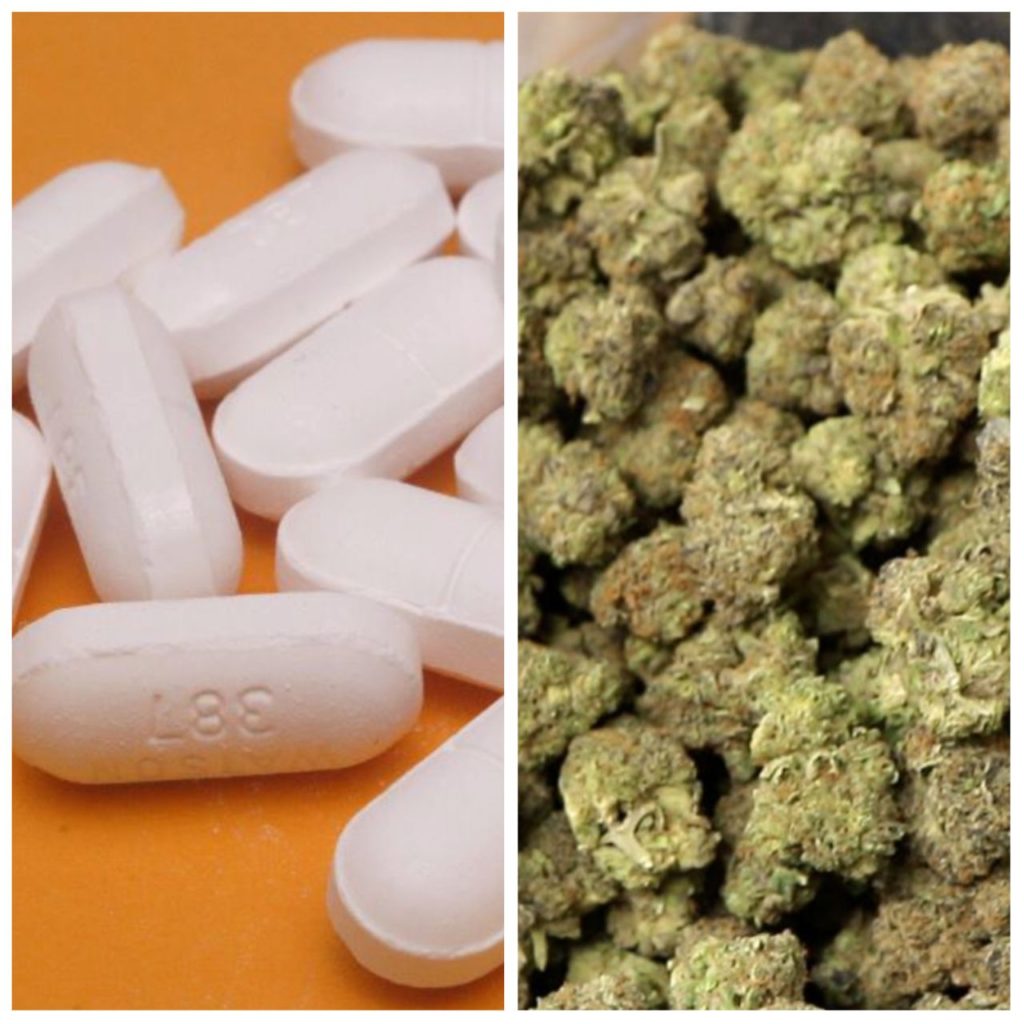Patients having access to medical marijuana for a longer duration led to a decrease in prescription opioid reduction, according to a study recently published in The Journal of the American Medical Association (JAMA). (Staten Island Advance photos)
STATEN ISLAND, N.Y. – Patients having access to medical marijuana for a longer duration led to a decrease in prescription opioid use, according to a study recently published in The Journal of the American Medical Association (JAMA).
The study looked at 8,165 chronic pain patients who receive long-term opioid therapy for pain management. Long-term opioid use puts patients at an increased risk for substance use disorders and overdoses, the study said.
The increased risk to chronic pain patients presented a need for a study on the use of alternative or companion treatments, using both opioids and medical marijuana. However, few studies on the use of medical marijuana with reducing a patient’s opioid dosages exist.
Patients were divided into two groups: those who received medical marijuana for 30 days or less, and those who received medical marijuana for more than 30 days.
“The results of the peer-reviewed study, Changes in Prescribed Opioid Dosages Among Patients Receiving Medical Cannabis for Chronic Pain, New York State, 2017-2019, in combination with existing evidence, show that managing chronic pain with medical cannabis may reduce the opioid burden. This may, in turn, reduce the risk of illicit use and overdose for patients on long-term opioid therapy,” the study said.
The study was conducted by the New York State Department of Health, CUNY Graduate School of Public Health and Policy, and the New York State Office of Cannabis Management (OCM) between 2017 and 2019.
Patients who were on higher baseline dosages of prescription opioids when they began medical marijuana saw a large reduction in prescription dosages — upwards of 51% for patients on the highest baseline dosage of prescription opioids — after eight months, the study found.
Acting Health Commissioner Dr. James McDonald said the study is further evidence that medical marijuana has the potential to reduce the use of opioids for patients with chronic pain.
Nicole Quackenbush of OCM and co-author of the study said, “Since the inception of the Medical Cannabis Program in New York State, we’ve heard anecdotal evidence from patients, caregivers and health care providers suggesting that medical cannabis can reduce the amount of opioids patients take to manage pain – and now we have the study demonstrating a statistically and clinically significant reduction for those patients who were on medical cannabis for a longer duration. Research is critical to further our knowledge of the potential risks and benefits of cannabis and the OCM will be continuing efforts to promote cannabis knowledge and research in New York State.”
If you purchase a product or register for an account through one of the links on our site, we may receive compensation.
H/T: www.silive.com



